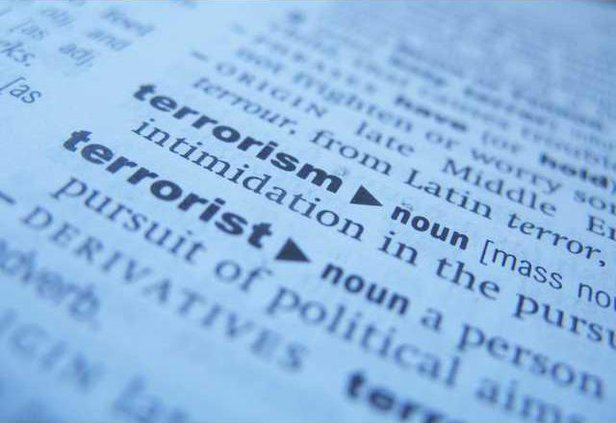With stories about public beheadings and how to deal with terrorists like the Islamic State group dominating the news this summer, parents may wonder how the coverage affects their children.
Here are some ways parents can address children's fears and help them process what they see and hear about terrorism:
1. Make sure they're ready
Most children will ask their parents to explain things like 9/11 or the Boston Marathon bombing to them, but other signs that young people need help processing include persistent nightmares or a sudden fascination with violence, says Dr. Robin Goodman, director of A Caring Hand, a charity organization dedicated to addressing childhood trauma and grief.
Parents can initiate a conversation with their children about these changes but should respect children's resistance to talking about it until they're ready.
"Answering questions and addressing fears does not necessarily happen all at once," Goodman wrote in an article for parenting website About Our Kids. "New issues may arise or become apparent over time and thus discussion about war should be done on an ongoing and as needed basis."
2. Don't give in to blame
It's easy for adults to feel frustrated about terrorist groups seeming to get away with murder overseas or the politics of taking action. But parents shouldn't present their opinions as absolutes, Goodman said.
"Feeling their opinion is wrong or misunderstood can cause children to disengage from dialogue or make them feel they are bad or stupid," Goodman wrote.
Psychiatrists Eugene Beresin and Steve Schlozman of the Clay Center for Young Healthy Minds said that parents should keep their own anxiety in check when talking to children.
"Kids mirror their parents’ feelings, and that’s not always a great thing in these circumstances," they wrote in 2013.
3. Safety first
Long-winded explanations about terrorism are less important to a child than establishing a sense of safety, Beresin and Schlozman said.
"They’re most of all ready to be reassured, so help your kids to appreciate the fact that they are, indeed, safe," they wrote. "Just knowing that all is well in the present is sometimes enough for a little kid, and don’t be surprised if Tommy goes back to playing with his trucks again."
Goodman also recommends talking about how the government or the military keeps citizens safe to give children a concrete picture of safety.
4. Simplify
While there's no need to lie to children about the threat of terrorism, it's important to help them put it in perspective. "What if" scenarios can lead to more nightmares and exacerbate fears, Goodman said, so try to avoid them.
Also, remember that most kids under 10 subscribe to an "all or nothing" sense of the world, Beresin and Schlozman said, which means it's important for kids to understand the "good guy" to "bad guy" ratio.
"Tommy is probably really wondering: How many more bad guys are out there?" Beresin and Schlozman wrote. "This is a good time to remind Tommy that there are a lot more good guys than bad guys in the world."
Email: chjohnson@deseretnews.com
Twitter: ChandraMJohnson








